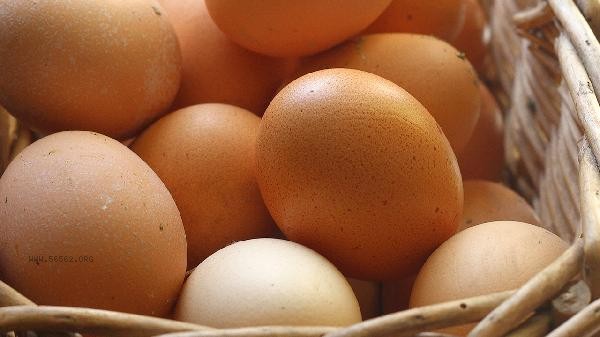Eggs are stored for the longest time under refrigeration conditions, and it is recommended to store them in the refrigerator compartment. The storage time of eggs is affected by factors such as temperature, humidity, placement, cleanliness, and shell integrity.

1. Temperature Control
Low temperature environments can effectively delay egg spoilage, and a temperature of around 4 ℃ in the refrigerator compartment is most suitable for storing eggs. High temperature can accelerate the evaporation of water and bacterial growth inside eggs, and the shelf life of eggs stored at room temperature will be shortened. During high temperatures in summer, storing eggs at room temperature for one day is equivalent to the spoilage rate of storing them in a refrigerated environment for a week.
2. Humidity regulation
Appropriate humidity can prevent eggs from losing water, and the refrigerator compartment can usually maintain suitable humidity. You can place a small amount of wet towels in the egg storage box or use a specialized egg preservation box. However, excessive humidity may lead to mold growth, and it is necessary to maintain moderate dryness.
3. Placement Method
Eggs should be stored with the pointed end facing downwards, which can keep the chamber at the larger end of the egg and reduce the contact area between the yolk and the chamber. Flat or inverted storage may cause the egg yolk to adhere to the eggshell, affecting the quality of the egg. Using a grooved egg box can better secure the position of eggs.

4. Cleaning Treatment
Do not clean eggs before storage, as the natural protective film on the surface of the eggshell can prevent bacterial invasion. If cleaning is required, gently wipe with a dry cloth and avoid washing with water. Choosing eggs with clean surfaces and no fecal residue when purchasing can reduce the risk of contamination during storage.
5. Shell inspection
Before storage, check if the eggshell is intact. Eggs with cracks should be consumed immediately and should not be stored. Regularly inspect during storage and promptly remove any damaged eggs. Eggs with mold or abnormal spots on the surface of the eggshell are not suitable for further storage and may have spoiled.

Except for refrigerated storage, frequent opening and closing of the refrigerator door during egg storage should be avoided to prevent temperature fluctuations. You can place the eggs in a relatively stable temperature position inside the refrigerator, and do not place them on the egg rack on the refrigerator door. Pay attention to the production date when purchasing, as fresh eggs have a longer storage time. Eggs stored for more than a month are recommended to be fully heated before consumption, and can be made into cooked eggs, fried eggs, and other delicacies. If any abnormal odor or discoloration is found during the storage of eggs, they should be discarded immediately to avoid food poisoning caused by consuming spoiled eggs.








Comments (0)
Leave a Comment
No comments yet
Be the first to share your thoughts!